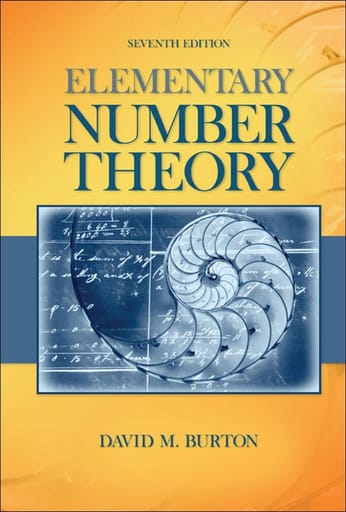Math
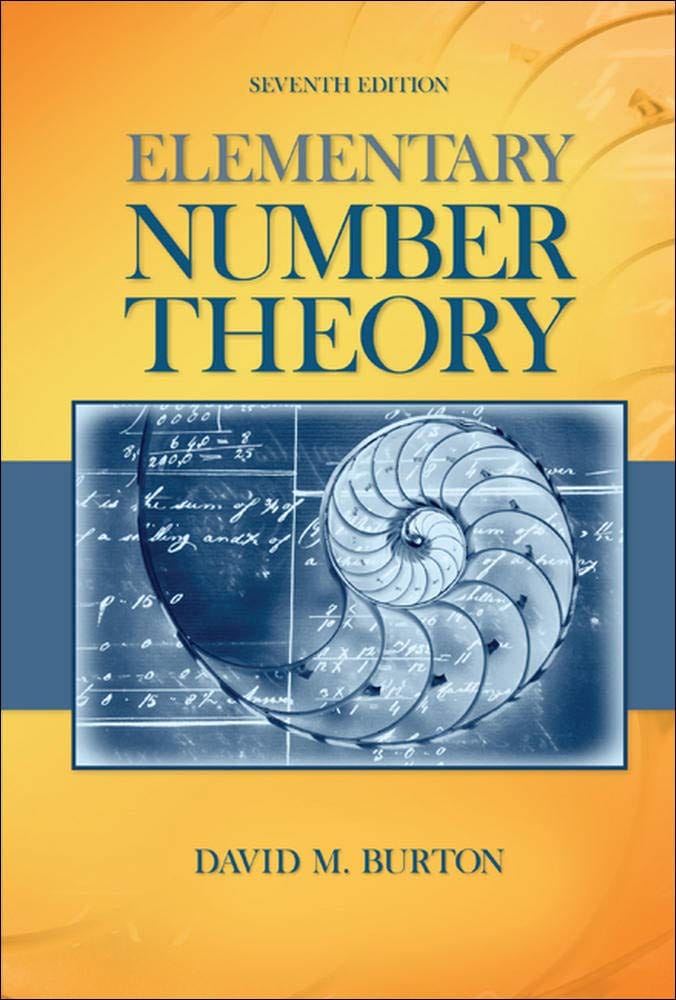
Elementary Number Theory Problems 4.2 Solution (David M. Burton's 7th Edition) - Q7 Paid Members Public
My Solution for "For $n \geq 1$, show that $$(-13)^{n + 1} \equiv (-13)^{n} + (-13) ^{n - 1} \pmod {181}$$ [Hint: Notice that $(-13)^{2} \equiv -13 + 1 \pmod {181}$; use induction on $n$.]"
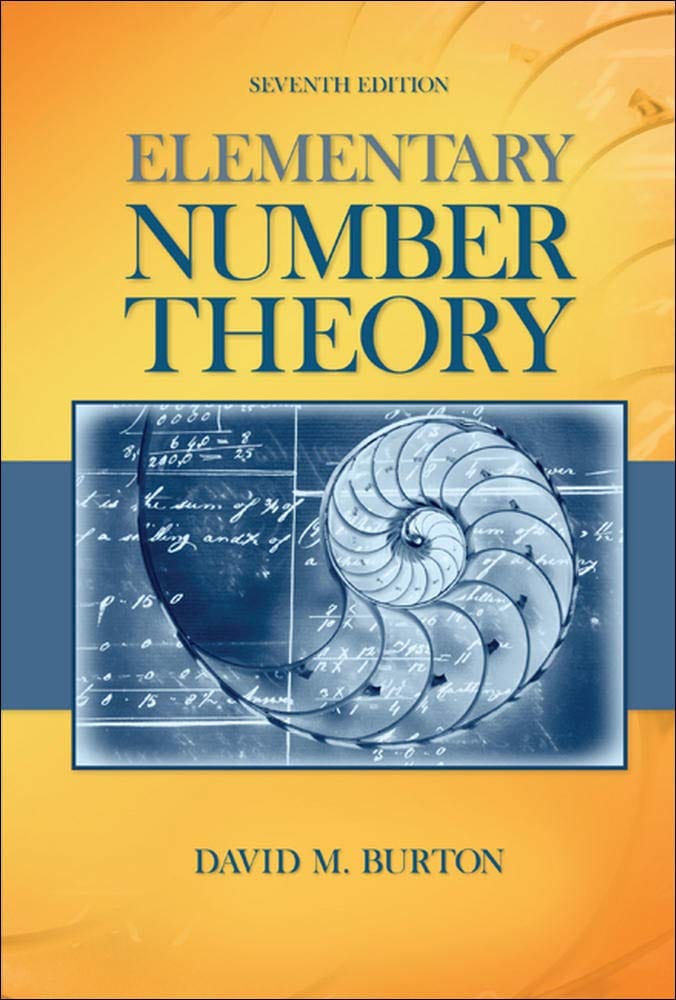
Elementary Number Theory Problems 4.2 Solution (David M. Burton's 7th Edition) - Q6 Paid Members Public
My Solution for "For $n \geq 1$, use congruence theory to establish each of the following divisibility statements: (a) $7 \mid 5^{2n} + 3 \cdot 2^{5n-2}$. (b) $13 \mid 3^{n+2} + 4^{2n+1} $. (c) $27 \mid 2^{5n+1} + 5^{n+2}$. (d) $43 \mid 6^{n+2} + 7^{2n+1}$."
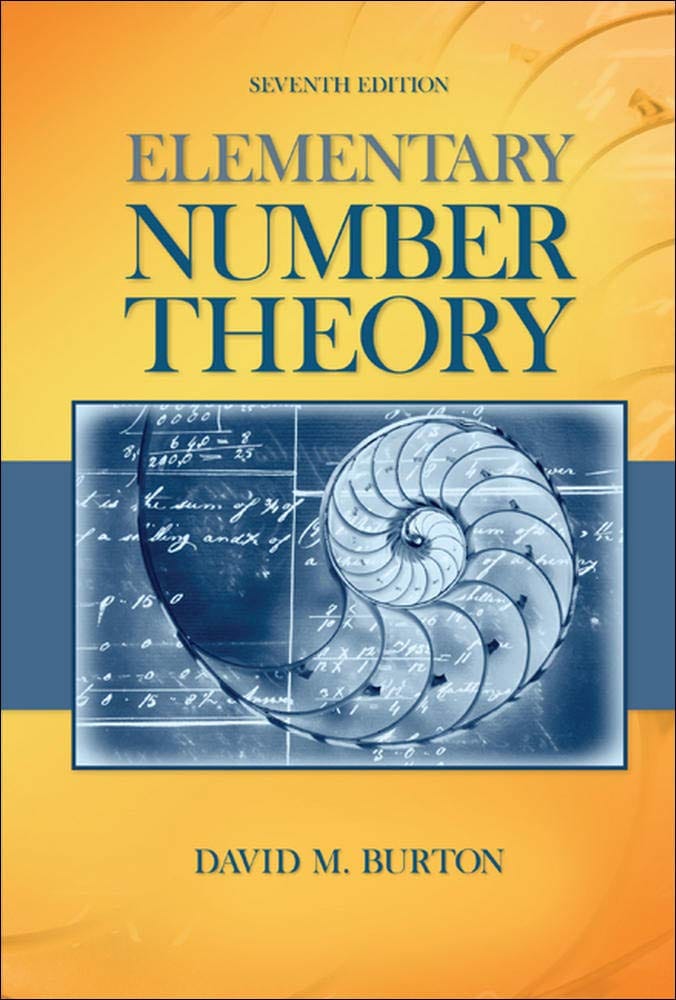
Elementary Number Theory Problems 4.2 Solution (David M. Burton's 7th Edition) - Q5 Paid Members Public
My Solution "Prove that the integer $53^{103} + 103^{53}$ is divisible by $39$, and that $111^{333}$ + $333^{111}$ is divisible by $7$."
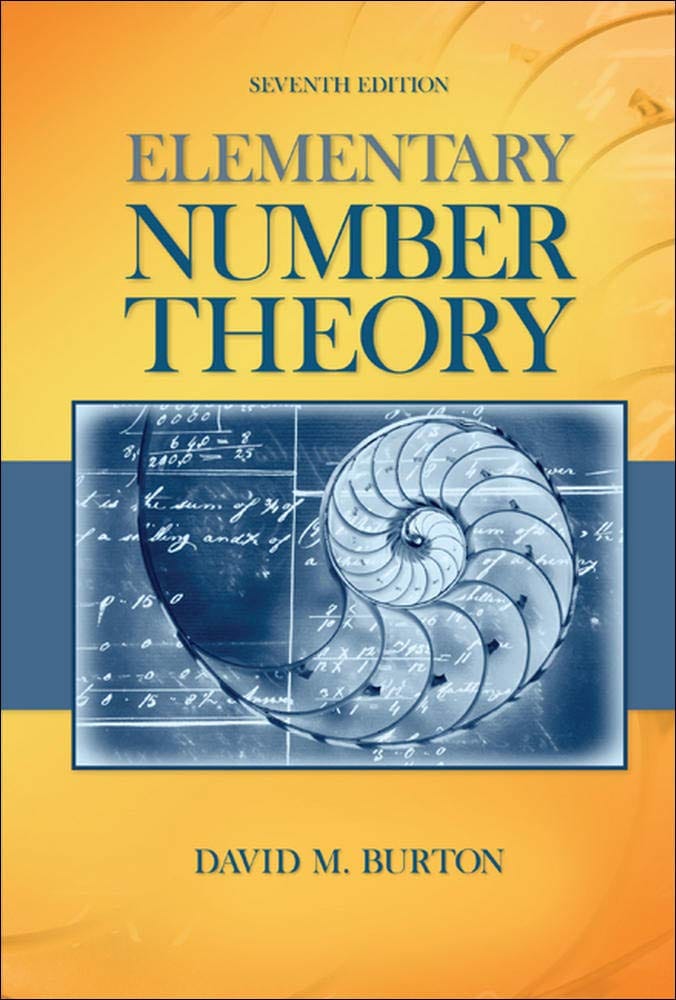
Elementary Number Theory Problems 4.2 Solution (David M. Burton's 7th Edition) - Q4 Paid Members Public
My Solution for "(a) Find the remainders when $2^{50}$ and $41^{65}$ are divided by $7$. (b) What is the remainder when the following sum is divided by $4$? $$1^5 + 2^5 + 3^5 + \cdots + 99^5 + 100^5$$"
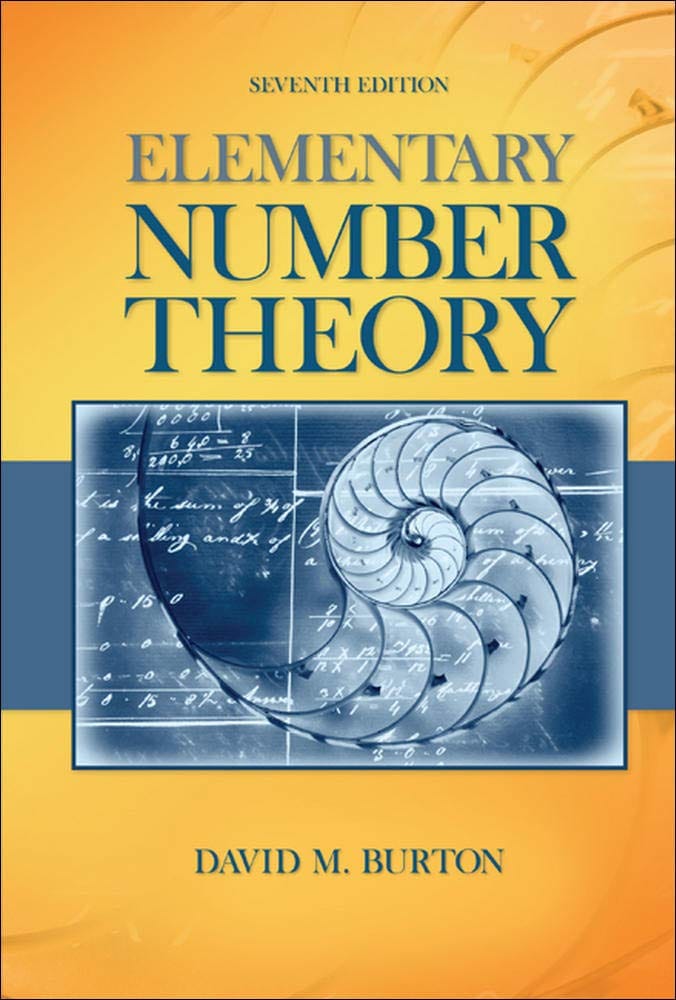
Elementary Number Theory Problems 4.2 Solution (David M. Burton's 7th Edition) - Q3 Paid Members Public
My Solution for "If $a \equiv b \pmod n$, prove that $gcd(a, n) = gcd(b, n)$."
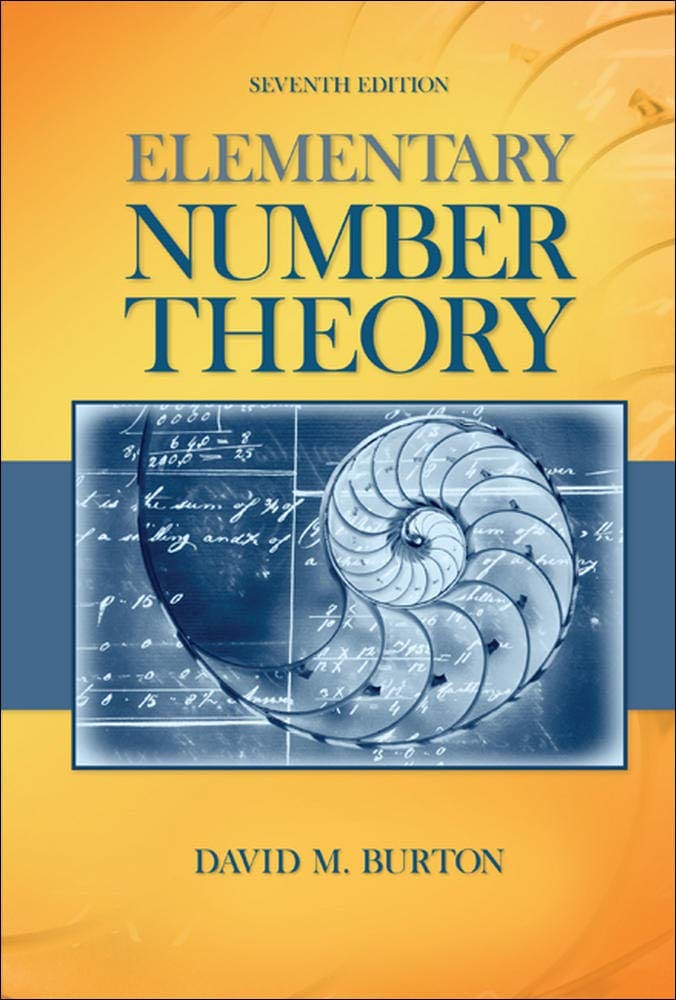
Elementary Number Theory Problems 4.2 Solution (David M. Burton's 7th Edition) - Q2 Paid Members Public
My Solution for "Give an example to show that $a^{2} \equiv b^{2} \pmod n$ need not imply that $a \equiv b \pmod n$."
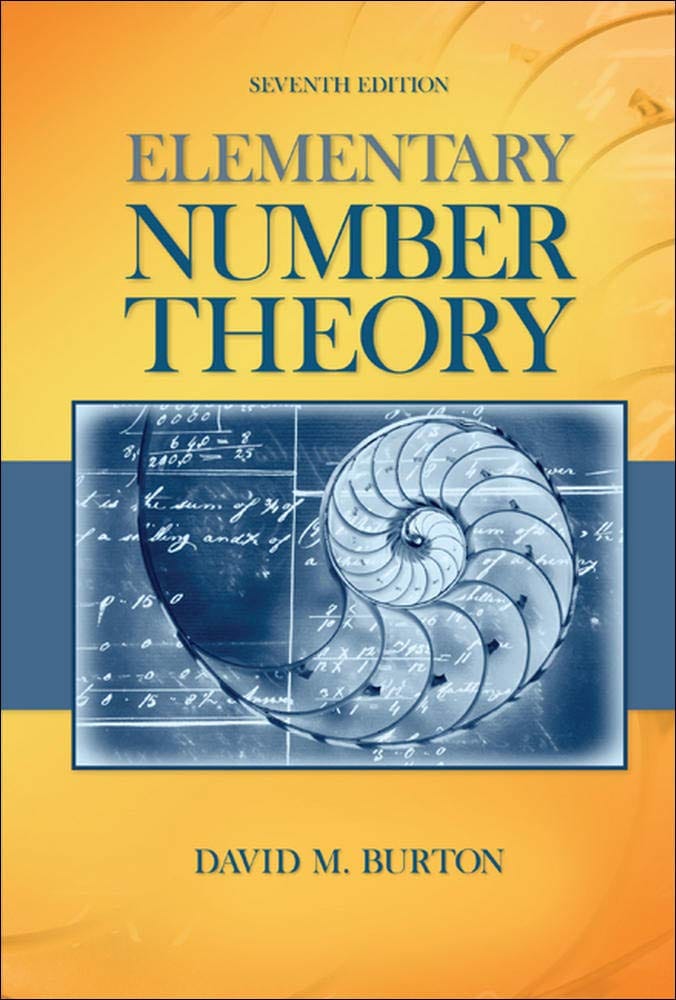
Elementary Number Theory Problems 4.2 Solution (David M. Burton's 7th Edition) - Q1 Paid Members Public
My Solution for "Prove each of the following assertions: (a) If $a \equiv b \pmod n$ and $m \mid n$, then $a \equiv b \pmod m$. (b) If $a \equiv b \pmod n$ and $c > 0$, then $ca \equiv cb \pmod {cn}$. (c) If $a \equiv b \pmod n$ and the integers $a$, $b$, $n$ are all divisible by $d > 0$..."
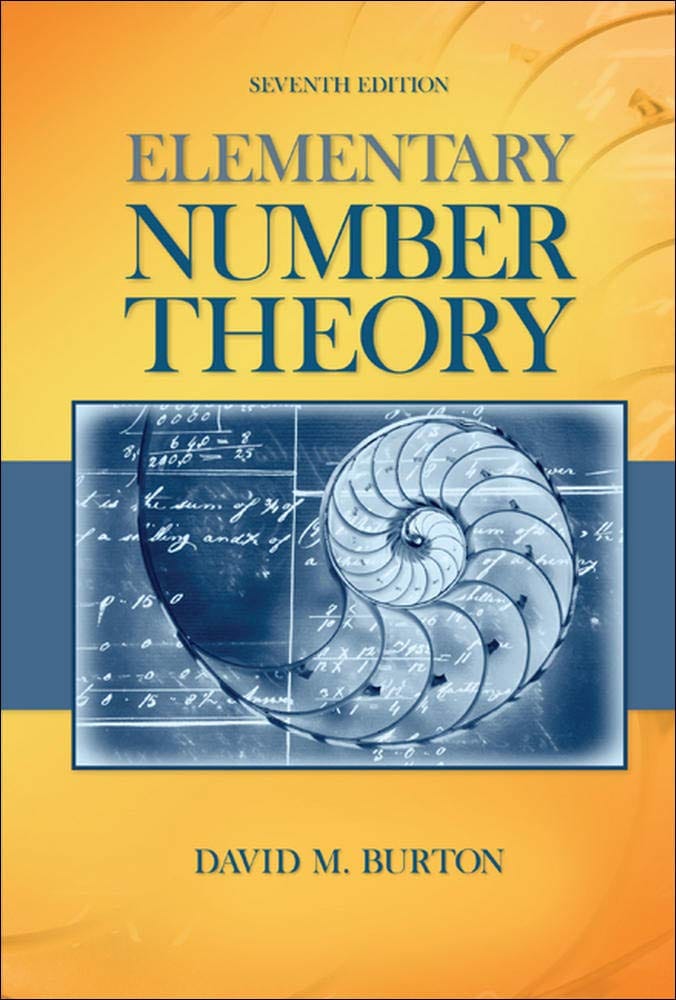
Elementary Number Theory Problems 3.3 Solution (David M. Burton's 7th Edition) Paid Members Public
My solutions for Burton's Elementary Number Theory Problems 3.3 (7th Edition)
